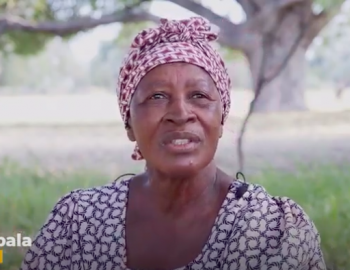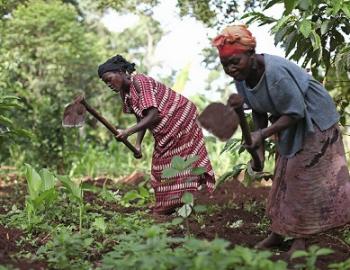Research note: Impact of climate change on livestock production in Zimbabwe
Research note: Impact of climate change on livestock production in Zimbabwe
Climate change in Zimbabwe has been characterised by rising mean maximum temperature, decreasing mean annual rainfall, changes in the agricultural calendar, unpredictable weather patterns and lengthened periods of mid-season droughts. A desktop review was conducted to determine the state of the Zimbabwe livestock industry’s capacity to deal with climate change by exploring possible scenarios, studying trends in the weather patterns and how various livestockspecies are likely to fare. The biggest threats to livestock production will be the shortage of land for pastures, competition for cereals with humans, prospects of drought, spread of vector- and tick-borne diseases, rise in temperatures above normal physiological levels and destructive veld fires. The livestock industry appears unprepared to deal with these threats due to several reasons including lack of qualified research and extension personnel, no investment in new infrastructure, no new genetics for crops and livestock, poor access to the latest technology and shortage of research funds. Despite the existence of several research stations in the country, not much research to mitigate the effects of climate change is going on. It is concluded that all livestockspecies were affected by climate change hence there will be fewer animals on the farms and a decrease in productivity and profitability.



